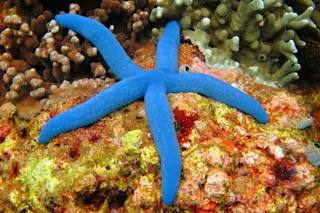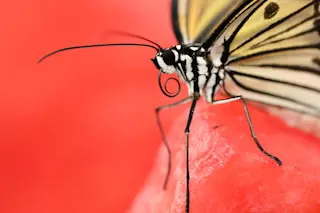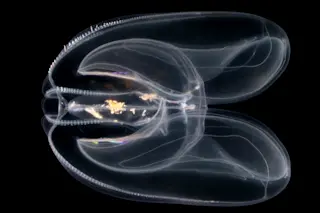In 1975 Harvard biologist E. O. Wilson published Sociobiology, perhaps the most powerful refinement of evolutionary theory since On the Origin of Species. Darwin’s theory of natural selection postulated a brutal world in which individuals vied for dominance. Wilson promoted a new perspective: Social behaviors were often genetically programmed into species to help them survive, he said, with altruism— self-destructive behavior performed for the benefit of others—bred into their bones.
In the context of Darwinian selection, such selflessness hardly made sense. If you sacrificed your life for another and extinguished your genes, wouldn’t the engine of evolution simply pass you by? Wilson resolved the paradox by drawing on the theory of kin selection. According to this way of thinking, “altruistic” individuals could emerge victorious because the genes that they share with kin would be passed on. Since the whole clan is included in the genetic victory of a few, the ...














